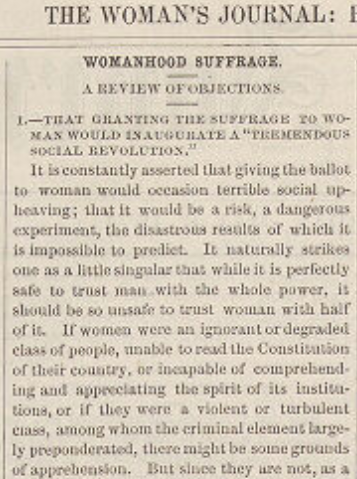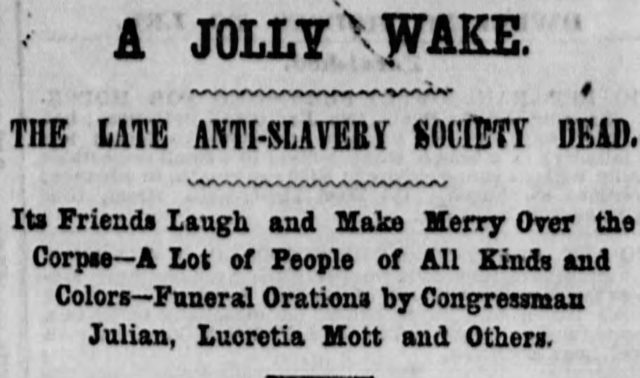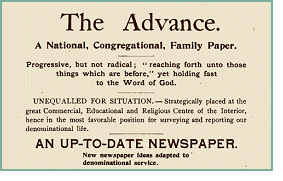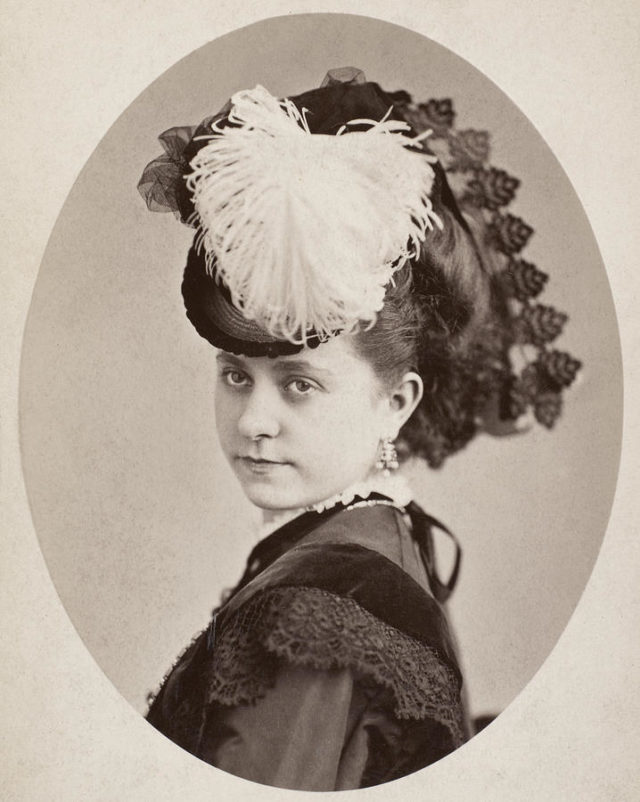“Whether woman needs the ballot or not, the ballot needs her.”
Lavinia Goodell, June 1871
In 1871, shortly before she gave up her job at Harper’s Bazar in New York City and moved to Wisconsin to look after her elderly parents,
Lavinia Goodell wrote a series of articles for the Woman’s Journal dispelling common myths on why women should not vote. In a piece that appeared in the June 23, 1871 issue of the Woman’s Journal, refuted the notions that women already held such broad influence that they did not need the franchise; that suffrage would do working women no good; and that women did not actually want to vote. She began:
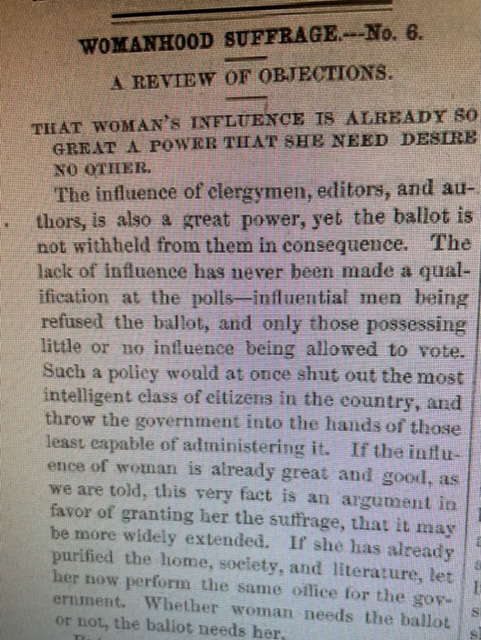
Lavinia said women did need the ballot, particularly women of little means. “The women who possess the greatest social influence are those who need it least for the protection of their interests…. The poor working women, the widows and orphans, whose facts are worn with care and anxiety, and whose clothing is plain and meager, possess little of this influence. These are they who need the protection of the ballot.”
Continue reading →